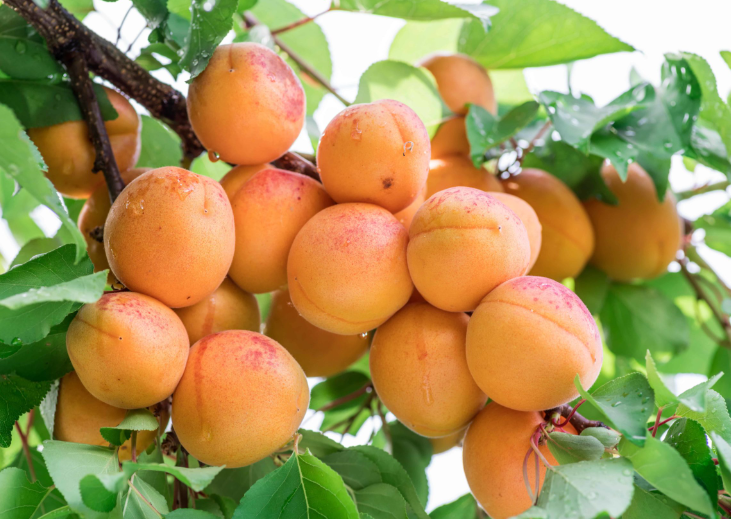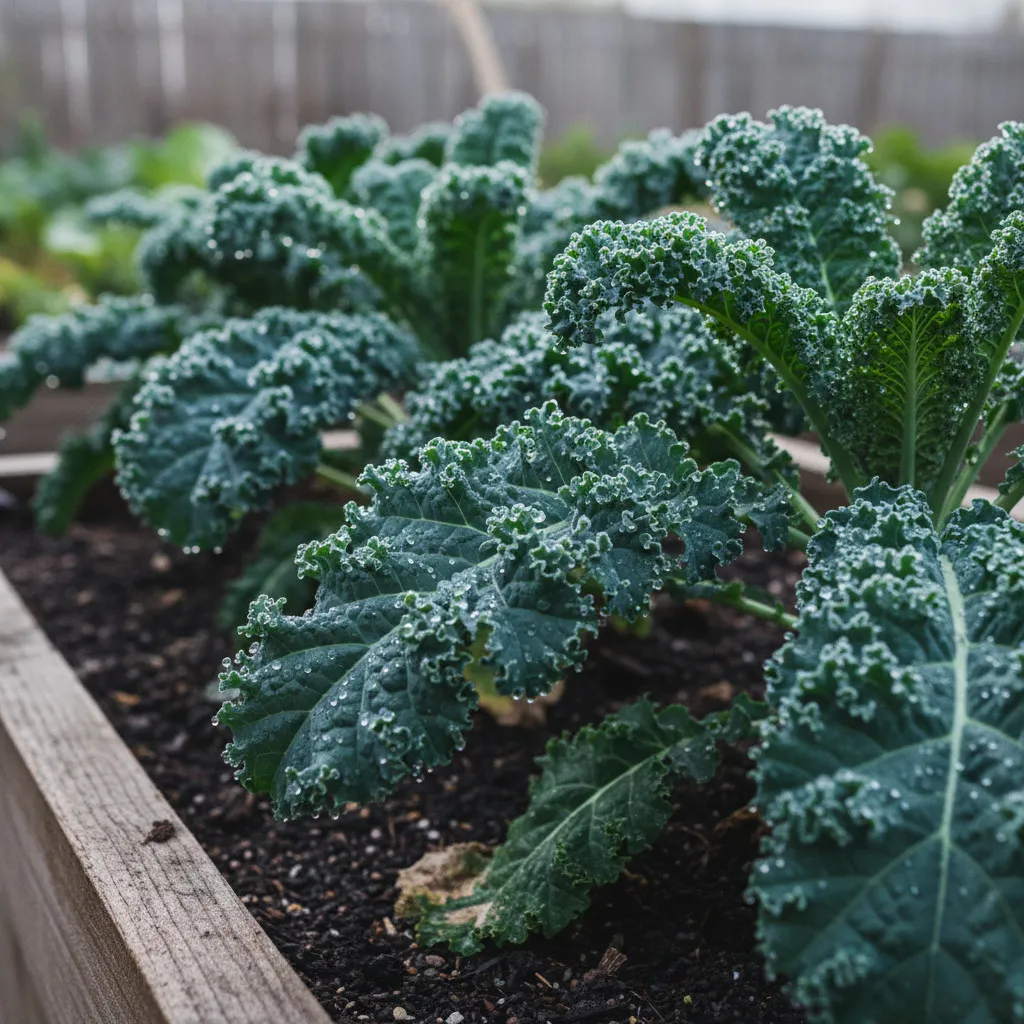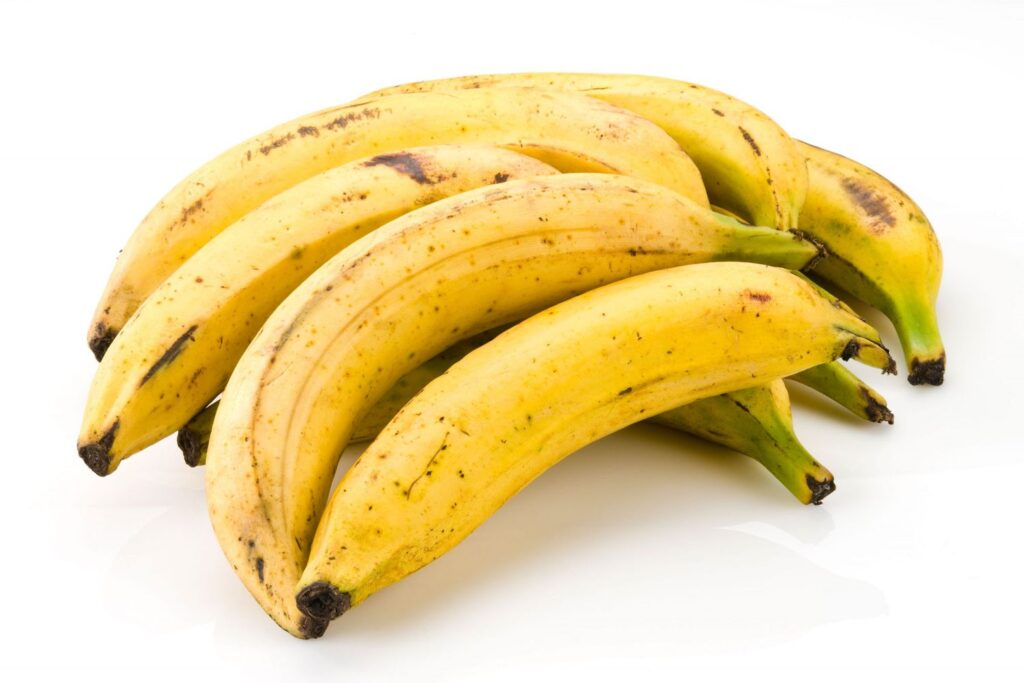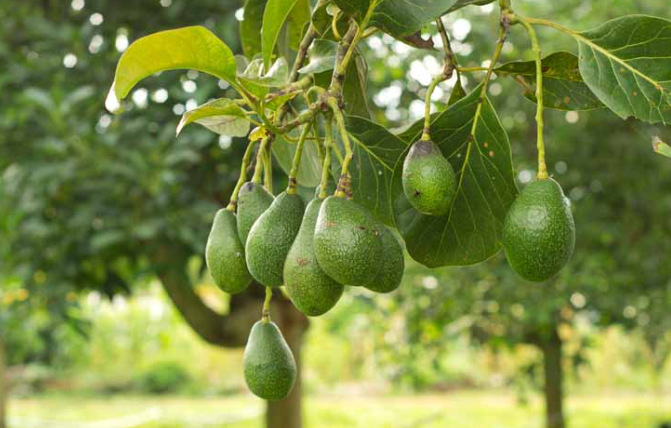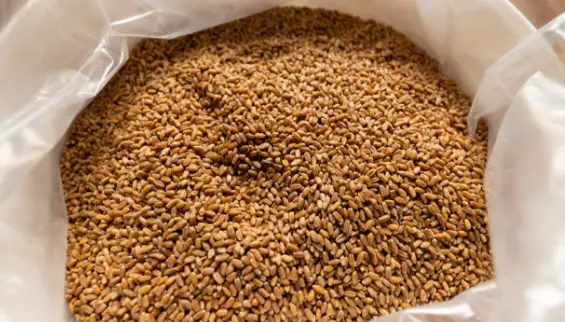Healthy eating often includes both fruits and vegetables because they’re full of good stuff like vitamins, minerals, fiber, and nutrients that help us stay healthy. But sometimes, fruits have more of the vitamins and antioxidants we need, which might make them even better than veggies.
Let’s look at 7 reasons fruits might be the better choice and why you should try to have more of them every day:
Table of Contents
1. Fruits Pack More Vitamins and Minerals
Fruits are full of important vitamins and minerals that help our bodies work the way they should. For example, lots of fruits like oranges, kiwis, and strawberries have a lot of vitamin C, which helps your immune system, skin, iron in your body, and fixes damaged tissues.
You can also find vitamin A in fruits, which helps you see better, and folate that makes blood cells, and potassium that keeps blood pressure normal. Fruits have magnesium too, which is important for your muscles and nerves to work right.
Most of the time, fruits have more vitamins and minerals than vegetables do. So, if you eat lots of different colored fruits, you’re likely to get all the vitamins and minerals your body needs.
2. Fruits Are Richer in Antioxidants
Antioxidants help protect your cells from damage by things called free radicals. This cell damage is linked to getting older and diseases like cancer, heart disease, and dementia.
Research shows that fruits have almost twice as many antioxidants as vegetables. Berries, cherries, apples, mangoes, and pomegranates are just some fruits that are very high in these helpful antioxidants.
These special nutrients help lower inflammation, protect DNA, and improve how cells talk to each other. This can really help your body fight off diseases.
3. Fruits Have a Lower Glycemic Index
The glycemic index tells us how fast foods can make our blood sugar go up after we eat them. Foods with high numbers can make blood sugar rise too quickly, which isn’t good for people with diabetes.
Fruits usually have a glycemic index under 60, which is lower than many vegetables like carrots at 103, beets at 75, and sweet potatoes around 70.
Fruits like berries, grapefruits, peaches, and plums don’t make your blood sugar spike so much. They help keep insulin levels steady, which is especially good for people who need to watch their blood sugar.
4. Fruits Are Full of Fiber
Fiber is great for your digestion, helps lower cholesterol, and keeps blood sugar stable. A lot of fruits have more fiber than veggies when compared by weight.
A cup of raspberries has 8 grams of fiber, strawberries have 3 grams, and a medium apple with the peel has 4.4 grams of fiber. That’s more than a cup of broccoli with 2.4 grams of fiber or a cup of carrots with 3 grams.
Also, the natural fruit sugars in these high-fiber fruits help the good bacteria in your gut grow. Plus, the skin and parts around the fruit add even more fiber.
5. Fruits Have More Water In Them
Fruits are made up of a lot of water, around 85% on average. Vegetables also have water but usually a bit less, between 75-95%.
Fruits like watermelon, grapefruit, and strawberries have so much water that they help keep you hydrated. This helps your body get rid of toxins, keep your skin stretchy, and helps you do physical stuff better.
The mix of water and fiber in fruits also makes you feel full, which is good if you’re trying to watch how much you eat and manage your weight.
6. Fruits Are Yummy and Fun to Eat
Most of us like how fruits taste more than veggies because they’re sweet and refreshing. Fruit’s natural sugars make them taste super yummy and enjoyable.
Veggies can taste bitter, sour, or just plain. But you can eat fruits in many ways – like raw, dried, frozen, in juices, or blended in smoothies – and they’re always tasty. This makes it really easy to eat more fruit every day.
By trying different kinds of fruits, you can enjoy all their good nutrients and not get bored. You can snack on fruits, have them for dessert, or add them to meals and salads.
7. Nutrients from Fruits Are Easier for the Body to Use
Bioavailability is about how well our bodies can take in and use the vitamins, minerals, and nutrients in the food we eat. It seems that our bodies can use the nutrients in fruits better than those in vegetables.
For example, your body gets more lycopene from cooked tomato sauce than raw tomatoes. And cooking carrots helps your body use their beta-carotene better.
But with fruits, our bodies can absorb their antioxidants and minerals easily without needing to do much. The fiber and sugars in fruits make the good stuff in them ready for our bodies to use right away.
In Conclusion
If you compare the good things in them, fruits come out ahead of veggies. They have more of the vitamins, powerful antioxidants, fiber, and minerals we need. Plus, fruits don’t raise your blood sugar as much, help you stay hydrated, taste great, and their nutrients are easier for your body to use.
But don’t forget: veggies are still really good for you and you should eat them too. Try to have 2-4 servings of both fruits and veggies every day for lots of health benefits.
Try to eat lots of different fruits every day. Have them ready at home, work, or when you’re out and about so you can eat them when you want something sweet. With a little bit of planning, you can easily get all the good stuff from fruits that keep your heart happy and help you fight off diseases.
